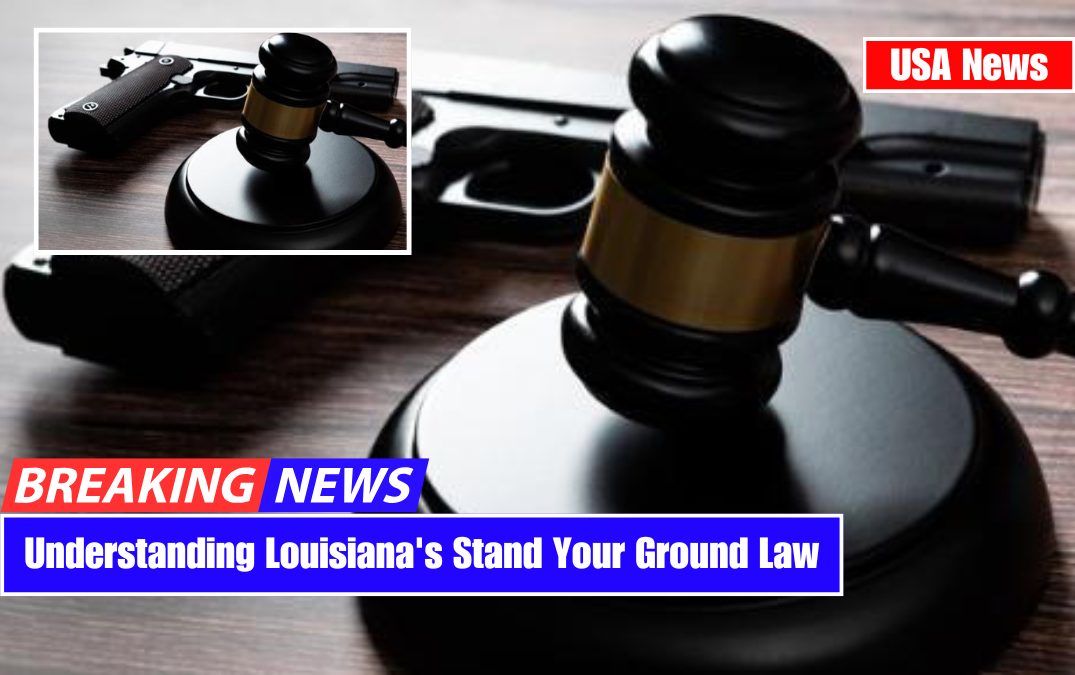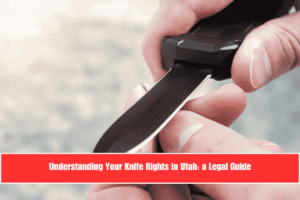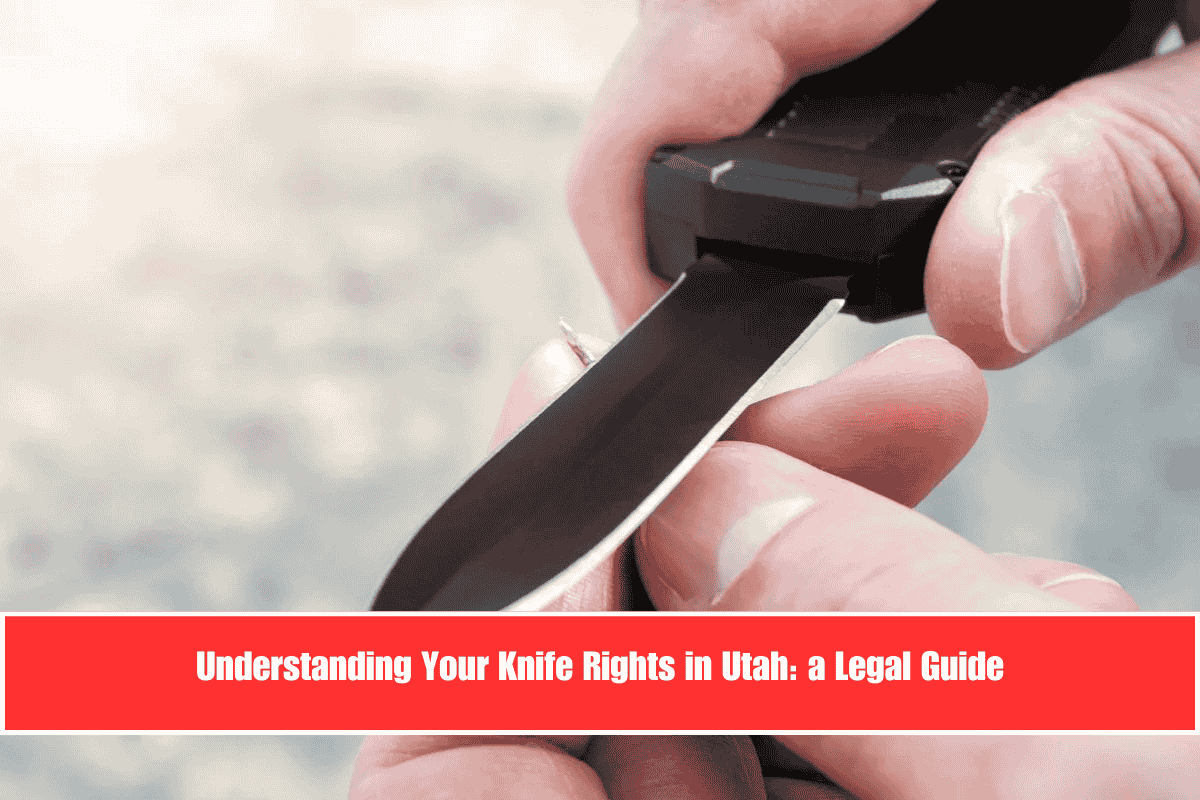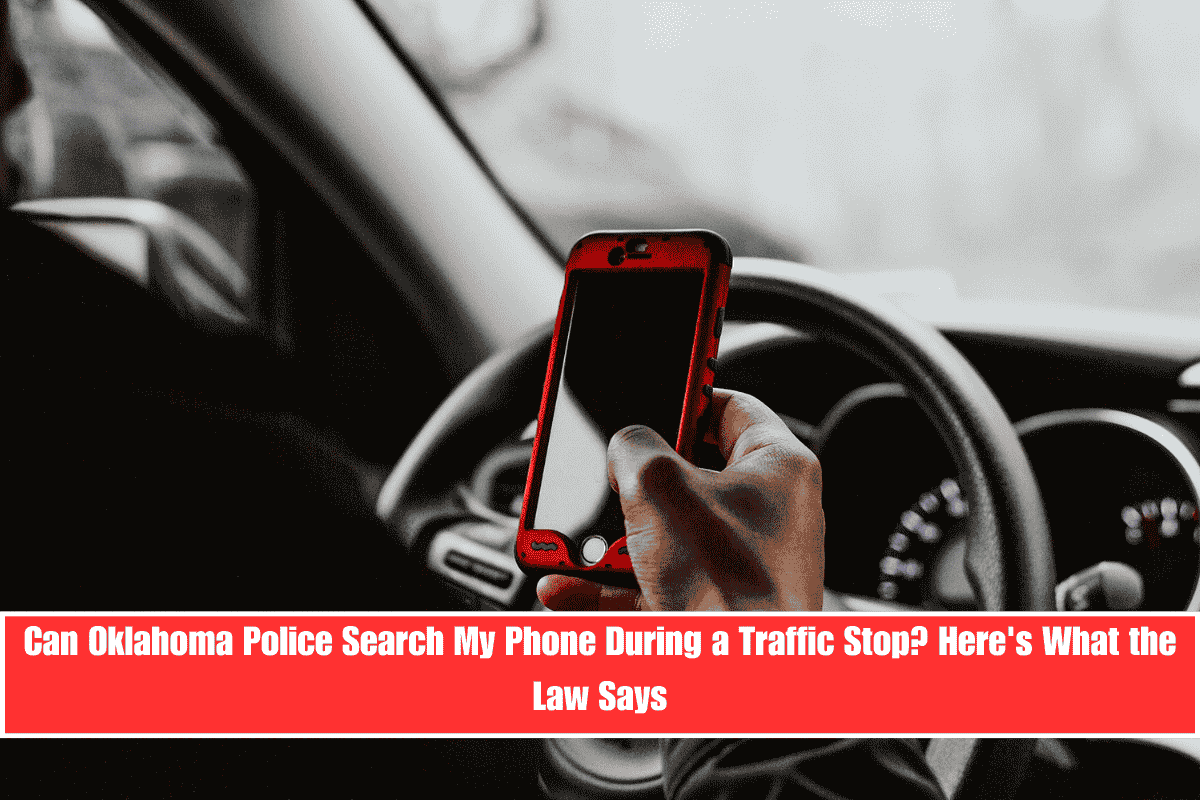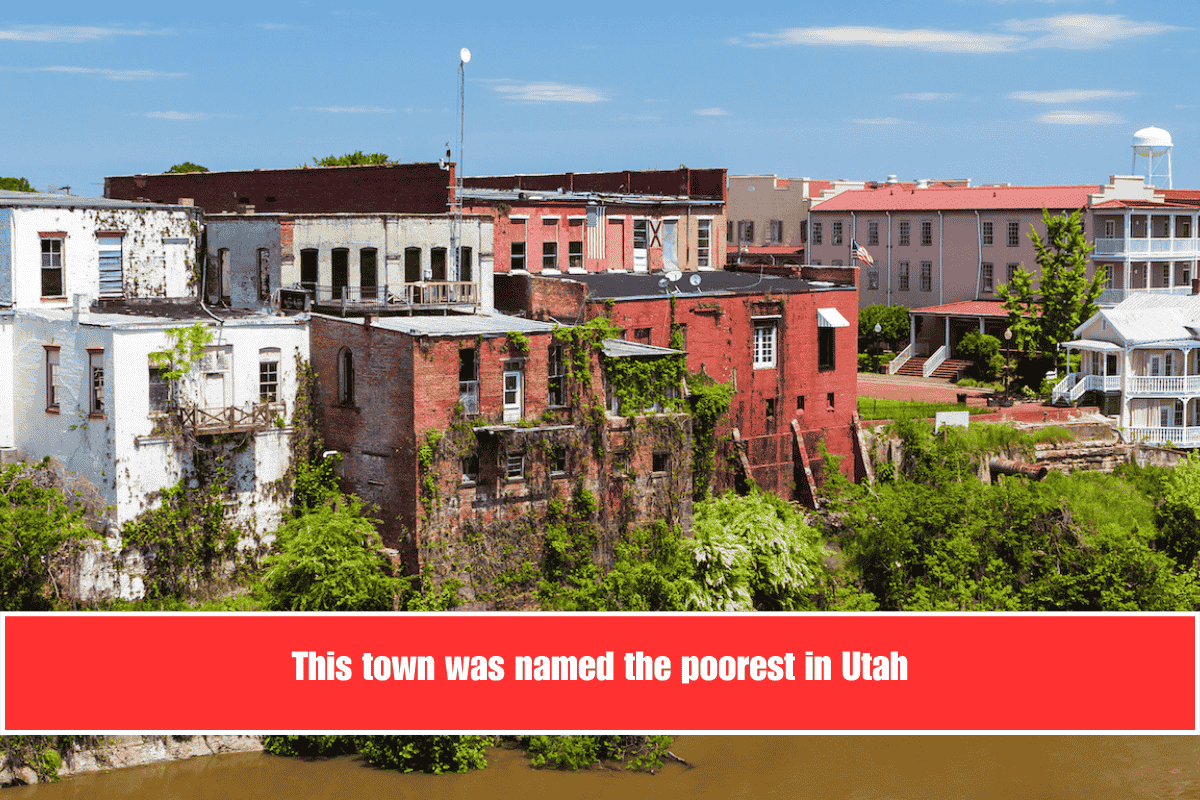Louisiana’s self-defense laws, often referred to as “Stand Your Ground,” provide individuals with the right to use force, including deadly force, to protect themselves from imminent danger or great bodily harm.
While Louisiana does not have a specific “Stand Your Ground” law, its self-defense provisions, particularly the Castle Doctrine, embody similar principles. Here’s a detailed overview of how these laws work:
Key Components of Louisiana’s Self-Defense Laws
- Castle Doctrine: This legal principle allows individuals to use force, including deadly force, to protect themselves in their home, vehicle, or place of business without a duty to retreat if an intruder enters unlawfully and forcibly.
- Stand Your Ground Principles: Although Louisiana does not have a specific “Stand Your Ground” law, its self-defense laws remove the duty to retreat before using force in self-defense, even if a safe retreat is possible.
- Reasonable Belief: The use of deadly force must be based on a reasonable belief that such force is necessary to prevent death or great bodily harm.
- Imminent Danger: The individual must believe they are in imminent danger of losing their life or suffering serious bodily harm.
- Prohibited Situations: The law does not protect individuals involved in drug crimes at the time of the incident.
Applying the Law
- Home, Business, or Vehicle: Individuals can use deadly force if they reasonably believe an intruder is attempting to use unlawful force or is committing a burglary or robbery.
- No Duty to Retreat: Unlike some states, Louisiana does not require individuals to attempt to flee before using force if they are lawfully present in a location where they have a right to be.
- Reasonable Force: The force used must be proportionate to the threat perceived.
Misconceptions and Complexities
- Misconceptions: Some believe that Stand Your Ground laws allow individuals to provoke a confrontation and then claim self-defense. However, this is not the case; the law does not protect aggressors.
- Complexities: The application of self-defense laws can be complex and depends on the specific circumstances of each case. Factors such as whether the individual was lawfully present and whether the belief of danger was reasonable are crucial.
Louisiana’s self-defense laws provide robust protections for individuals facing imminent threats, allowing them to use force without a duty to retreat in certain situations. Understanding these laws is crucial for both legal professionals and the general public to navigate complex self-defense scenarios effectively.
Key Points:
- Castle Doctrine: Allows use of force in home, vehicle, or business without duty to retreat.
- Stand Your Ground Principles: Removes duty to retreat in self-defense situations.
- Reasonable Belief: Must believe force is necessary to prevent death or great bodily harm.
- Imminent Danger: Must be in immediate danger of serious harm.
- Prohibited Situations: Does not apply if involved in drug crimes.
- Applicability: Applies to home, business, or vehicle if intruder is using unlawful force.
SOURCES:-
[1] https://www.robertstoale.com/understanding-the-stand-your-ground-law-in-louisiana/
[2] https://ossiebrown.com/blog/self-defense-laws-in-louisiana/
[3] https://cmstahllaw.com/everything-to-know-about-louisianas-stand-your-ground-law/
[4] https://www.whiddonlawoffice.com/blog/what-is-the-stand-your-ground-law-in-louisiana/
[5] https://www.defenseattorneynola.com/does-louisiana-have-a-stand-your-ground-law
